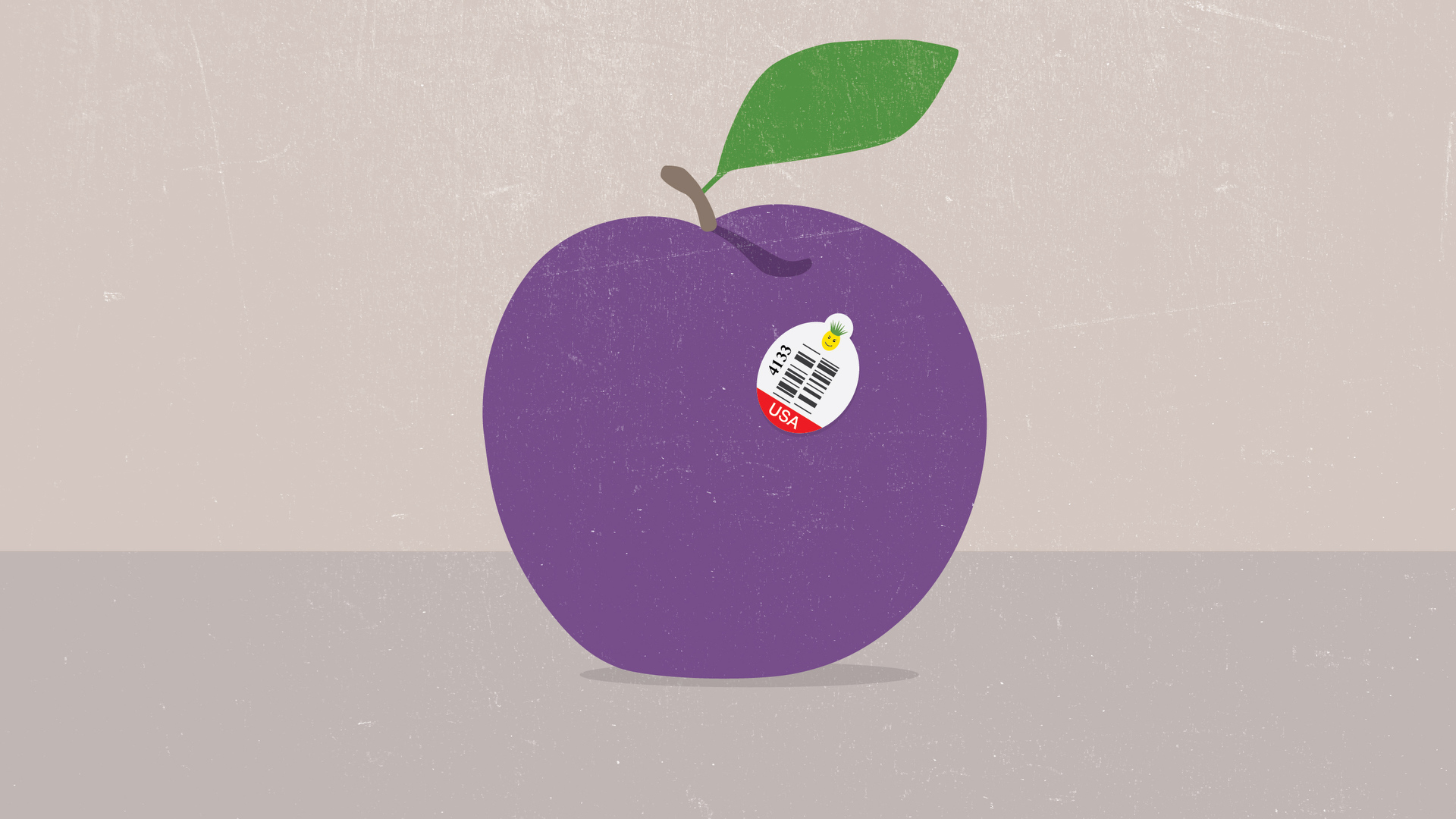
Tony Fadell worked on the design of the iPod; now he’s building better home appliances. Photo: Bret Hartman/TED
As a product designer, it’s Tony Fadell’s job to imagine invisible improvements to everyday objects. That’s how he developed the iPod and revolutionized the way the world listens to music. Now at Nest, he’s trying to bring that same creativity to one of the realms that has proved most elusive for tech: household appliances. Teamed up with Google, Nest is hoping to bring us one step closer to a truly smart home.
In this insightful talk, the product designer shares how he fights back against the human tendency towards habituation — our natural penchant for internalizing everyday patterns and behaviors into habits, even if they are unpleasant or not user-friendly. He uses the example of the tiny sticker on fruit: the first time you had to find the sticker, dig it out of your fruit and flick it off your finger, it was pretty annoying. By the tenth time, it probably didn’t bother you as much, and by the hundredth time, you probably did not notice it at all.
 For product designers like Fadell, the trick to improving these user experiences is to notice the “little idiotic details” of things we do every day that we don’t even remember. “It’s seeing the invisible problem, not just the obvious problem, that’s important,” says Fadell. “There are invisible problems all around us. First we need to see them. To feel them. Then we can solve them.”
For product designers like Fadell, the trick to improving these user experiences is to notice the “little idiotic details” of things we do every day that we don’t even remember. “It’s seeing the invisible problem, not just the obvious problem, that’s important,” says Fadell. “There are invisible problems all around us. First we need to see them. To feel them. Then we can solve them.”
This is how Mary Anderson invented the first windshield wiper in 1902 — riding a streetcar on a cold and rainy day, she decided that there had to be a better way to clearing the windshield than the driver opening the window, leaning out in the rain, and drying off the windshield by hand. Remaining in her seat, Anderson began sketching the world’s first windshield wipers.
“Our challenge is to wake up each day and say: how can I experience the world better?” says Fadell.
He offers three tips to fight our constant tendency towards habituation:
1) Look broader. There are often lots of steps leading up to the problem, and lots of steps after it. Fadell suggests looking at the whole process, start to finish, to identify problems that need improving. Using this approach, Fadell’s team at Nest improved thermostat design by incorporating an algorithm to predict user’s temperature preferences and save energy
2) Look closer. Focus on the small details that make all of the difference. At Nest, Fadell spent months agonizing over designing the perfect screw to make home installation as easy as possible. Though the process was time intensive, Fadell thinks this small detail made all the difference.
3) Think younger. Fadell’s kids often ask him big, creative questions about the world we live in: Why can’t cars fly around traffic? Why don’t my shoelaces have velcro? Why doesn’t the mailbox just check itself and tell us when it has mail? The more we’re exposed to something the more we get used to it. When kids run into problems, they try to solve it and find a better way. Have young people, and people with young minds, on your team, Fadell suggests.
Comments (4)